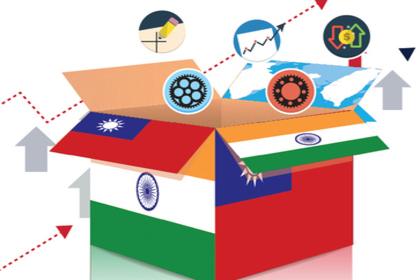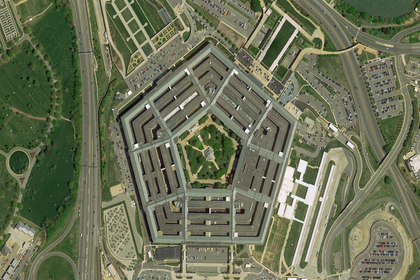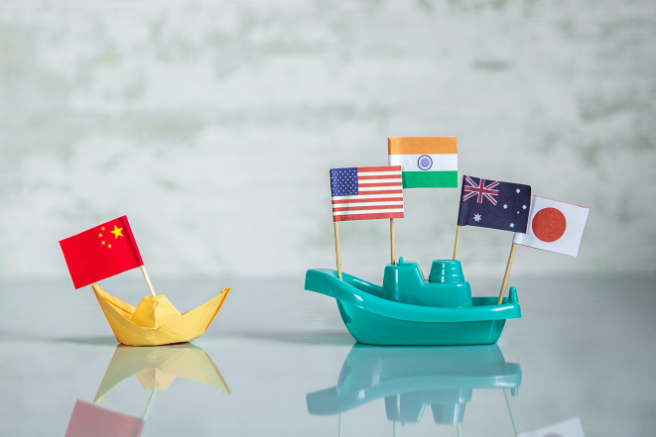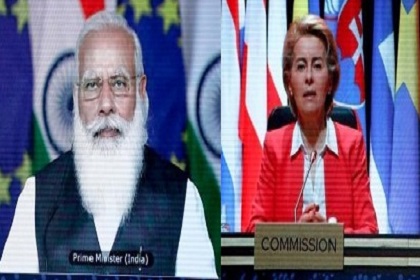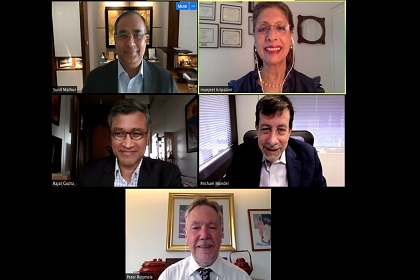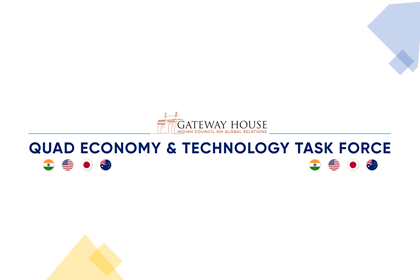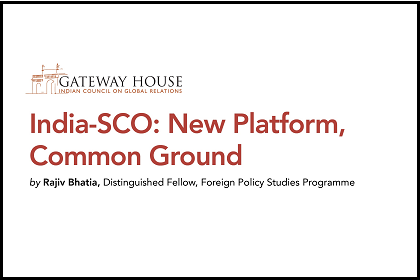Commerce can kickstart India-Taiwan space relations
India’s space reforms have the potential to boost India-Taiwan space relations beyond the pure scientific domain. The two countries have the potential for collaboration between space start-ups, joint ventures, investments, and technology and infrastructure-sharing. This article highlights the scope for India to establish Track 1.5 and Track 2 space diplomacy with Taiwan.

